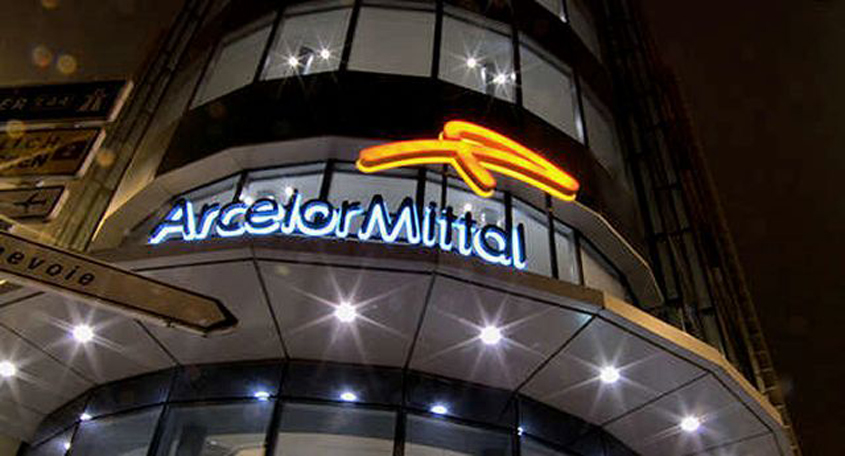The two companies had signed an MoU in May 2015 for setting up a state-of-the-art automotive steel manufacturing facility under a JV arrangement in India with an estimated cost of $1 billion. Ministry of Steel officials were hopeful of getting it (JV) operational by December last year. However, sources said, the negotiations have come to a halt over the issue of revenue-sharing. It should be noted that a similar technical collaboration between SAIL and South Korean steel company POSCO could not materialise, mainly over the issue of revenue-sharing.
ArcelorMittal officials remained tight-lipped over the issue. A questionnaire sent by The Sunday Guardian did not elicit any response. However, a SAIL spokesperson said: “The negotiations are going on.”
ArcelorMittal got a major jolt last month when its application for mining of iron ore in Chaibasa (Jharkhand) was rejected by the Forest Advisory Committee (FAC), for a separate, Greenfield steel project of 12 million tonne per annum (MTPA) capacity of Rs 50,000 crore.
The company took its first step to enter India in October 2015, when it signed an MoU with the Jharkhand government for the 12 MTPA plant. Subsequently, the company signed MoUs with Karnataka and Odisha as well for Greenfield projects. The three Greenfield projects together would have added to the steel manufacturing capacity by 30 MTPA with an estimated investment of over Rs 100,000 crore.
However, later on, the company pulled out of its Odisha project because of delay in clearances. The Jharkand project also hangs in balance in the wake of the FAC’s rejections of its application for mining. With the current stalemate over JV with SAIL, sources said, the company’s desire to get a foothold in India has become difficult.
The decision of the FAC came as a blow to the company’s big mining plans. The company had signed MoU with the Jharkhand government for setting up the plant for which some land was identified near Bokaro. The FAC refused approval, saying that the area under consideration (Saranda, Chaibasa) is a reserved forest area and it was also part of the Singhbhum elephant reserve.
The committee, in its observation, said that any decision to allow mining leases or open up new areas in Saranda forest for mining needs to be taken after careful thought, particularly due to the likely adverse effect on the ecology of the area. It also said that till a plan for sustainable mining and wildlife management in Saranda is finalised, it was not desirable for the state government to assign forest land by way of lease in Saranda.

